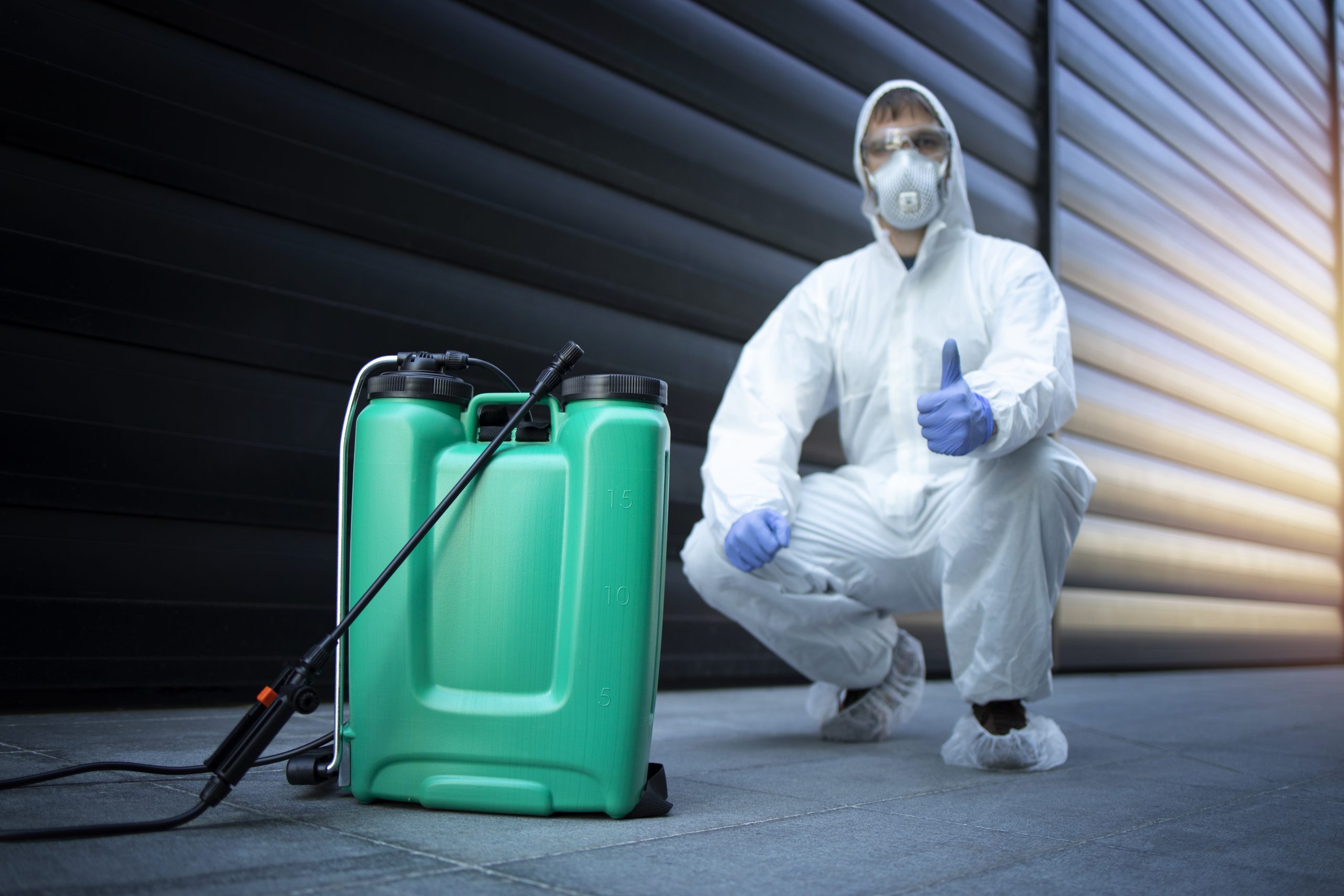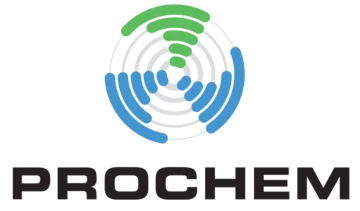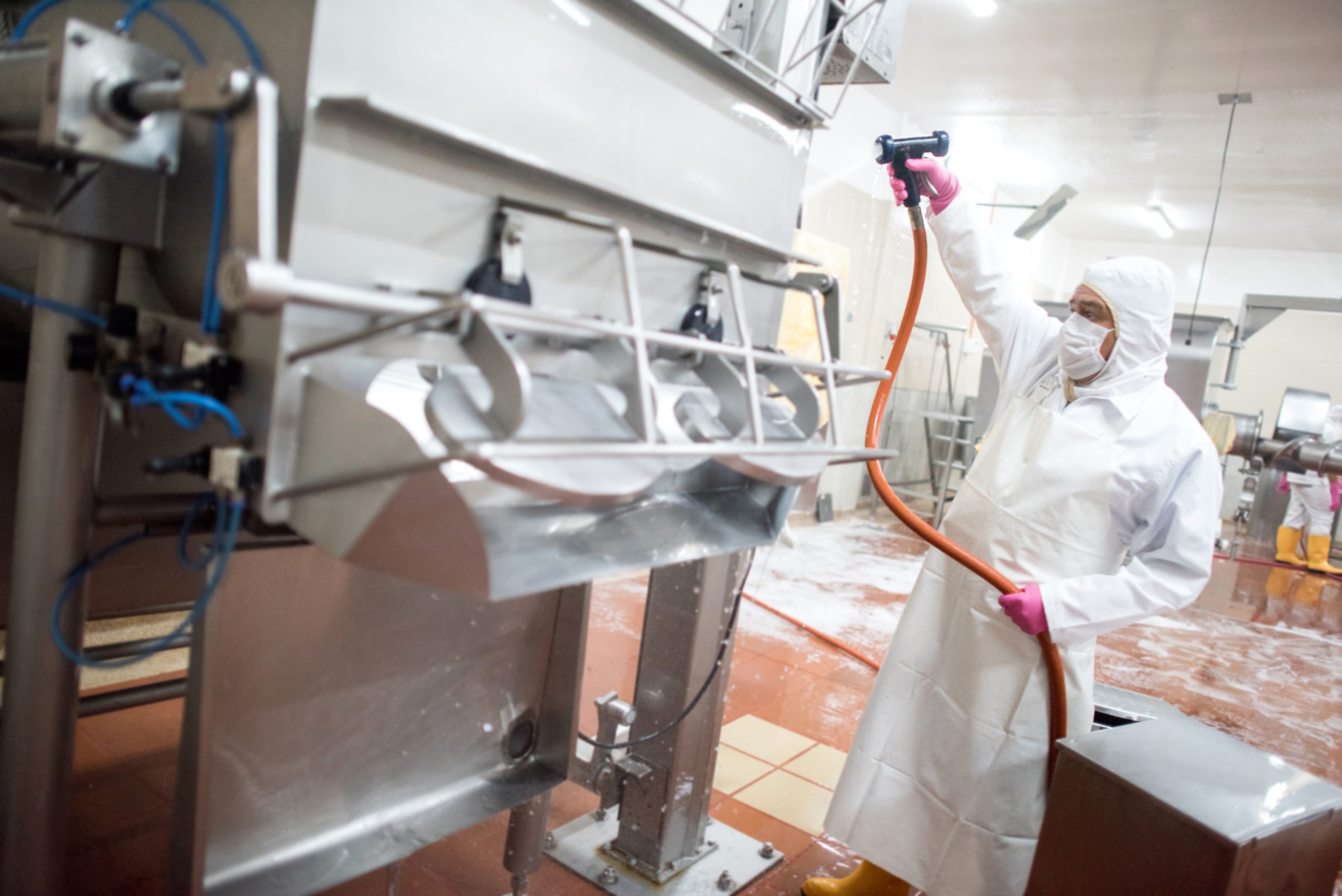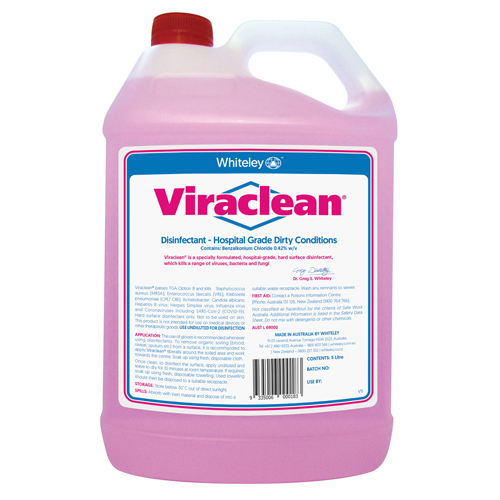Blog

Cleaning chemicals are an essential part of maintaining a clean and hygienic environment in our homes, workplaces, and public spaces. It is ironic, to an extent, that these same chemicals that are so critical to creating healthy environments can also pose serious health and environmental risks if not handled, stored, and disposed of properly.
If you’re responsible for cleaning an area, than you’re almost certainly going to have go through training in the proper handling and management of chemicals. However, it is worthwhile for everyone at the organisation – from the decision makers right down to the individual employees, to have a basic understanding of these things. Not necessarily because they’ll be handling the chemicals themselves, but rather because it’s important to be aware of the risk signs and be able to flag them.
A 101 Introduction To Cleaning Chemicals
Cleaning chemicals come in various forms, including liquids, powders, and sprays, and they contain a wide range of ingredients, many of which are abrasive and can be hazardous. Common cleaning chemicals may include disinfectants, detergents, solvents, and bleaches. Improper handling of these chemicals can lead to: Health RisksManycleaning chemicals can cause skin and eye irritation on contact, respiratory problems if inhaled, and even more severe health issues if they come into contact with the human body. In extreme cases they can be life-threatening. For this reason, any organisation that uses these chemicals has an obligation to see to their safe application.
Environmental ImpactIn addition to being potentially dangerous to humans, chemicals can damage the environment around them when poorly handled too. This includes the potential to contaminate soil, water, and air. Mishandled chemicals often find their way into water streams, where they become toxic to aquatic life, harm ecosystems, and contribute to pollution.
Regulatory ComplianceBeyond the moral and ethical obligation to handle chemicals correctly, there’s also a legal concern, which makes responsible handling a critical business obligation. Government regulations and guidelines exist to ensure the safe use, storage, and disposal of cleaning chemicals. Failing to comply with these regulations can result in fines, legal consequences, and reputational damage for businesses.
With those things in mind, the next question becomes “how can you handle cleaning chemicals safely?” Different chemicals can affect people and the environment differently, and be dangerous in different ways, so it’s important to take the time to understand the chemical first, before you begin using it.
Read Labels and InstructionsAlways start by carefully reading the labels and instructions on cleaning chemical containers. Manufacturers provide valuable information on proper usage, safety precautions, and first-aid measures in case of accidental exposure. Following these guidelines is crucial, and, equally critical, these guidelines should be readily available so that anyone, including those that aren’t using the chemical, can quickly find the information they need if they need it.
Use Protective GearWhen handling cleaning chemicals, use appropriate personal protective equipment (PPE) such as gloves, safety goggles, and face masks. This gear will shield you from potential skin, eye, and respiratory irritation or harm. Prochem can help you determine what PPE you will need for any given chemical, and can help to make sure that all equipment remains in working order. As protective gear is likely to come into contact with these chemicals, they may well need regular replacing.
VentilationWhenever possible, work in well-ventilated areas to minimise exposure to fumes and vapours. Open windows and doors or use exhaust fans to improve airflow. If an area is not particularly well-ventilated, then you might need to consider alternative chemicals or risk management strategies.
Avoid Mixing ChemicalsMixing cleaning chemicals can result in dangerous reactions, releasing toxic gases or causing explosions. Never mix different products unless the label specifically indicates it's safe to do so. It goes without saying that you should also store these chemicals in such a way that accidental mixing cannot occur.
Label Secondary Containers
If you transfer cleaning chemicals to secondary containers, make sure to label them clearly. Use waterproof labels and include the product name, dilution ratio (if applicable), and any safety instructions.
Storing Cleaning Chemicals Safely
Almost as important in safely using chemicals is making sure that you safely store them. The team at Prochem are experts in all the chemicals that we stock, and we can help you understand the best storage strategy. However, some basic universal rules include:
Separate and SegregateStore cleaning chemicals away from food, beverages, and medications. If at all possible have a dedicated storage area that is also secure, so that only authorised people can access it (and the chemicals).
Temperature ControlKeep cleaning chemicals in a cool, dry place and away from direct sunlight or heat sources. Extreme temperatures can affect their stability and efficacy. Likewise, chemicals tend to do poorly in overly humid conditions, so many sure that the area where they are stored is well ventilated and controlled for moisture.
Secure ContainersEnsure that cleaning chemical containers are tightly sealed to prevent leaks and spills. Use appropriate containers with secure lids, and always keep them upright. In most cases the containers the chemicals come in will be the best way to store them. However, if this is not practical for whatever reason, make sure you’re certain that the container is certified to hold chemicals before you use it for that purpose.
ChildproofingFor any environment which features children (or pets, or elderly patients with mental health issues), make sure that the chemicals are stored in such a way that accidental access isn’t going to happen.
Disposing of Cleaning Chemicals Responsibly
The final, critical consideration when handling chemicals is how they are disposed of. This includes the containers that they’re kept in, since even trace elements of some chemicals can be a serious health hazard.
Follow Local RegulationsThere are very likely to be local, state, and/or federal guidelines concerning how the chemicals that you’re managing can be disposed of. If in doubt you should check before you begin the disposal process.
RecyclingBe aware that it might be possible to recycle empty cleaning chemical containers according to local recycling programs. This can be an ideal option because the local recycling plant will know how to properly handle the container. However, even so, make sure that you rinse the containers thoroughly before recycling to remove any residue.
Hazardous Waste CollectionIf your cleaning chemicals are considered hazardous waste, take advantage of hazardous waste collection events or facilities. These will be government-run and allow you to shift the burden to groups that are better able to handle them.
Never Pour Down Drains or ToiletsThis one should be self-explainatory, but you would be amazed by just how much hazardous waste does still find its way into wastewater systems. Don’t do it. Not only is it illegal, but it puts the entire community’s health at risk.
You might never need to handle the chemicals yourself, but by knowing about these practical tips for handling, storing, and disposing of cleaning chemicals responsibly, you can avoid making mistakes and contribute to a safer environment for all. And, remember, when in doubt contract the team at Prochem. We have the expertise in these matters and can help guide you through any questions you may have.



